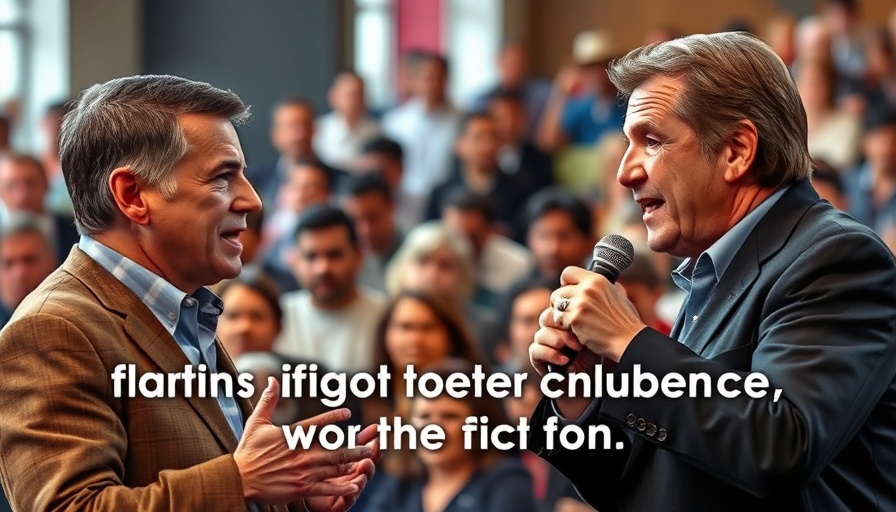
Cracker Barrel Energy: A Cultural Renaissance
In a surprising turn of events, the outcry against Cracker Barrel’s corporate decision to rebrand and abandon its nostalgic roots has sparked a cultural movement. In the latest episode of Candace, Candace Owens highlights how popular backlash not only brought back the chain's traditional logo but demonstrated the powerful, collective voice of everyday Americans. This unprecedented pushback against corporate decisions has local communities rallying under what Owens aptly termed "Cracker Barrel Energy," a spirit of solidarity in preserving cultural identity and history.
In the recent episode titled 'I’M BACK! And STILL Asking Questions (Sorry Brigitte)', Candace Owens dives deep into the cultural backlash against corporate rebranding, highlighting crucial themes surrounding community, identity, and history.
The Stanford Experiment: Uncovering Hidden Truths
Amid her reflections, Owens delves deeper into the infamous Stanford prison experiment, questioning the motives behind its portrayal and its implications for today’s society. Why has this half-century-old study re-entered popular discourse? Is this merely a resurgence of interest or part of a grander narrative? The connections between historical events and present realities become clearer as Owens raises critical questions about how narratives are spun and controlled. She urges audiences to investigate the layers behind major historical moments, suggesting they are often intertwined with contemporary agendas.
Conservatives Taking the Lead
The combined influence of community feedback and investigative curiosity underscores a crucial narrative today: that everyday citizens have the power to question authority and hold corporations accountable. As conservative voices rise to explore these narratives, Owens highlights that the essence of America is rooted in individual inquiry and collective action. It’s a powerful reminder that, in a rapidly changing world, the fight for cultural identity and truth must remain at the forefront of public discourse.
 Add Row
Add Row  Add
Add 




Write A Comment